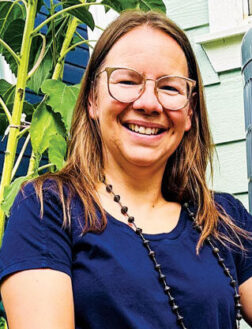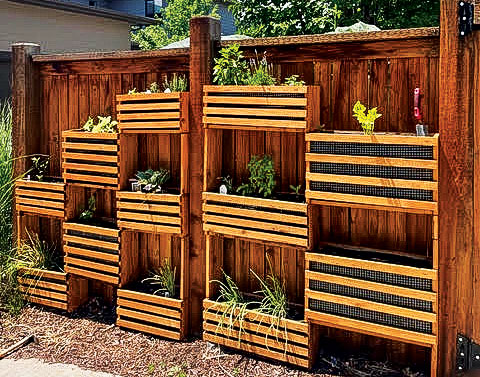 The Environmental Justice Zoom Book Club was launched during the pandemic as a way to connect over sustainable living. This spring, we read Ayana Elizabeth Johnson’s What if We Get It Right? Visions of Climate Futures. The book should be required reading on the syllabus of life in a warming world. It provides a sorely needed framework for approaching climate change, recognizing the perilous moment that we’re in, and a path to move forward in the face of this knowledge.
The Environmental Justice Zoom Book Club was launched during the pandemic as a way to connect over sustainable living. This spring, we read Ayana Elizabeth Johnson’s What if We Get It Right? Visions of Climate Futures. The book should be required reading on the syllabus of life in a warming world. It provides a sorely needed framework for approaching climate change, recognizing the perilous moment that we’re in, and a path to move forward in the face of this knowledge.
Throughout the dozens of conversations Johnson convenes, the theme of community pops up, including in one intriguing tip from Samantha Montano, who studies how communities respond to disasters. Montano says that one of the best ways to prepare for a disaster is to bring your neighbor a basket of muffins. Building community matters, and if we all took the time to be in reciprocal relationships with neighbors, it could pay off in big ways now and in the future.
The April issue of Front Porch brought back memories of touring the framed-up site of what would become our McStain row house, and our excitement of moving to a neighborhood. A few friends scoffed at the “Disney-esque” appearance of so much new construction, while our Midwestern parents worried about our lack of a yard.
But for two decades, we have enjoyed strolling to farmers’ markets and concerts, meeting family friends at the pool and the parks, enjoying progressive block parties, and alleyway chats. I recognize that privilege shapes how community is built. Community in our neighborhood will look different than in parts of Denver with less income and wealth, for instance. But I also now look at these moments as the outcome of choices made by many individuals. Sometimes these are structural choices, like those made to redevelop an airport into a space with parks and sidewalks. Choices are also made by ordinary people, to pause their busy days and simply say, “hello!”
I spoke with social work professor (and my book club co-pilot), Barbara Decker, about why community building can be difficult. Decker notes “time is a hot commodity for many of us as we meet the needs of our workplaces and our families,” so sparing even a little extra can be difficult. When you combine that with the “nervous new kid feeling”—what Decker describes as a natural anxiety that washes over us when we meet new people or join a new group—community can be a tall order. That’s why it is so important to “meet people where they are at” when you build community, including literally showing up where they are already gathered. Schools, congregations, sports leagues, neighborhood businesses, and civic organizations can be great partners in community building. Additionally, as waste diversion professionals will tell you, people make good choices if you make it easy for them to do so. A well-placed recycle bin, for instance, increases the chances that precious aluminum does not end up in the landfill.

Rachel Esposito built a vertical garden last year, finding a way to best utilize the small outdoor space at her Northfield home. Photo courtesy of Rachel Esposito
“Meeting people where they’re at” also invites us to let go of perfection, efficiency, and productivity—traits we’ve been trained well to develop, qualities we might even take pride in as we balance busy professional and family lives. No one sees a five-star rating for how they pick up trash at our neighborhood clean-up. Likewise, there are no prizes for “best gardener” in this summer’s Front Porch “Grow Something” challenge (though we’re happy to recognize your creativity and connections to Mother Earth).
This leads to one of Decker’s most important suggestions: “Just showing up can be a way to start building community.” We hope you might join us to Grow Something this summer, even if it’s as simple as a pot of herbs in your kitchen window, or as beautiful as the vertical planter created by our neighbor, Rachel Esposito. Whatever it is, we trust that it will help all of us be in community—being responsive to the climate crisis in ways that are within reach and can be scaled up to make a difference. Share how it’s going and growing with me and let’s get together to celebrate this fall!
Christina Foust is a professor of Communication Studies at MSU Denver, and co-founder of the Westerly Creek Elementary School Green Team. Email her at cfoust2@msudenver.edu or reach out on Facebook.




0 Comments